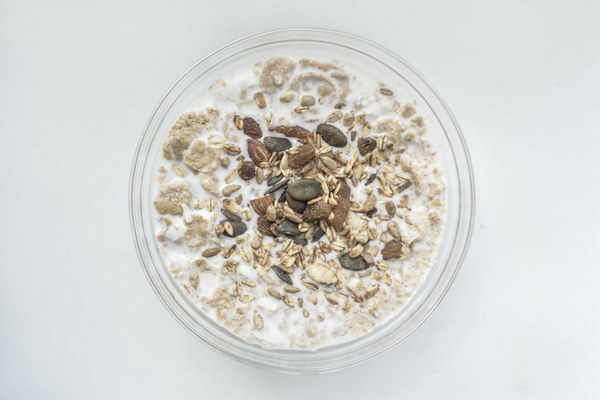Can I Keep a Pet at Home After Lung Surgery
Lung surgery, whether it's for a benign condition or cancer, can be a significant life-changing event. As you navigate your recovery journey, you might wonder about the possibility of keeping a pet at home. The answer to whether you can keep a pet after lung surgery depends on various factors, including the type of surgery, your overall health, and your pet's nature. In this article, we'll discuss the considerations you need to take into account when deciding whether to keep a pet at home after lung surgery.
1. Type of Lung Surgery
The type of lung surgery you've undergone plays a crucial role in determining whether you can keep a pet. Less invasive procedures, like VATS (Video-Assisted Thoracic Surgery), tend to have a shorter recovery period compared to open chest surgery. However, both types of surgeries may leave you with reduced lung capacity, weakened immune system, and increased risk of infection.
1.1 VATS Surgery
VATS surgery is a minimally invasive procedure that involves small incisions and the use of a camera to remove lung tissue or perform other operations. Patients who undergo VATS surgery often recover more quickly and have less postoperative pain. In this case, you may be able to keep a pet at home, provided you maintain a healthy lifestyle and follow your doctor's recommendations.
1.2 Open Chest Surgery
Open chest surgery involves a larger incision and a longer recovery period. Patients may experience more postoperative pain and a higher risk of complications. In such cases, it's essential to consult your doctor before deciding to keep a pet at home.
2. Overall Health
Your overall health is another critical factor to consider. Lung surgery can leave you with weakened respiratory function, making it challenging to manage a pet's needs. Here are a few health-related aspects to consider:
2.1 Lung Function
Your lung function will likely be impaired after surgery, and you may experience shortness of breath. If you find it challenging to breathe, managing a pet's needs may become difficult. In such cases, it's advisable to reconsider keeping a pet at home.
2.2 Immune System
Lung surgery can weaken your immune system, making you more susceptible to infections. If you're not yet fully recovered, exposing yourself to a pet's germs could lead to complications. It's crucial to consult your doctor about your immune system status and whether you can keep a pet at home.
3. Pet's Nature

The nature of your pet is another factor to consider. Here are a few points to keep in mind:
3.1 Activity Level
Some pets, such as dogs, require more physical activity than others. If your pet is highly energetic, you may find it challenging to manage its needs while recovering from lung surgery. In such cases, a lower-maintenance pet, such as a cat, might be a better option.
3.2 Allergies
If you or your family members have pet allergies, it's best to reconsider keeping a pet at home. Allergies can trigger respiratory issues and hinder your recovery process.
4. Consulting Your Doctor
Before making a decision, it's crucial to consult your doctor. They can provide personalized advice based on your specific health status and recovery progress. Your doctor may also recommend other support systems, such as physical therapy or home care services, to help you manage a pet's needs during your recovery.
In conclusion, whether you can keep a pet at home after lung surgery depends on various factors, including the type of surgery, your overall health, and your pet's nature. It's essential to consult your doctor and consider these factors before making a decision. Remember that your health and recovery should always be your top priority.









